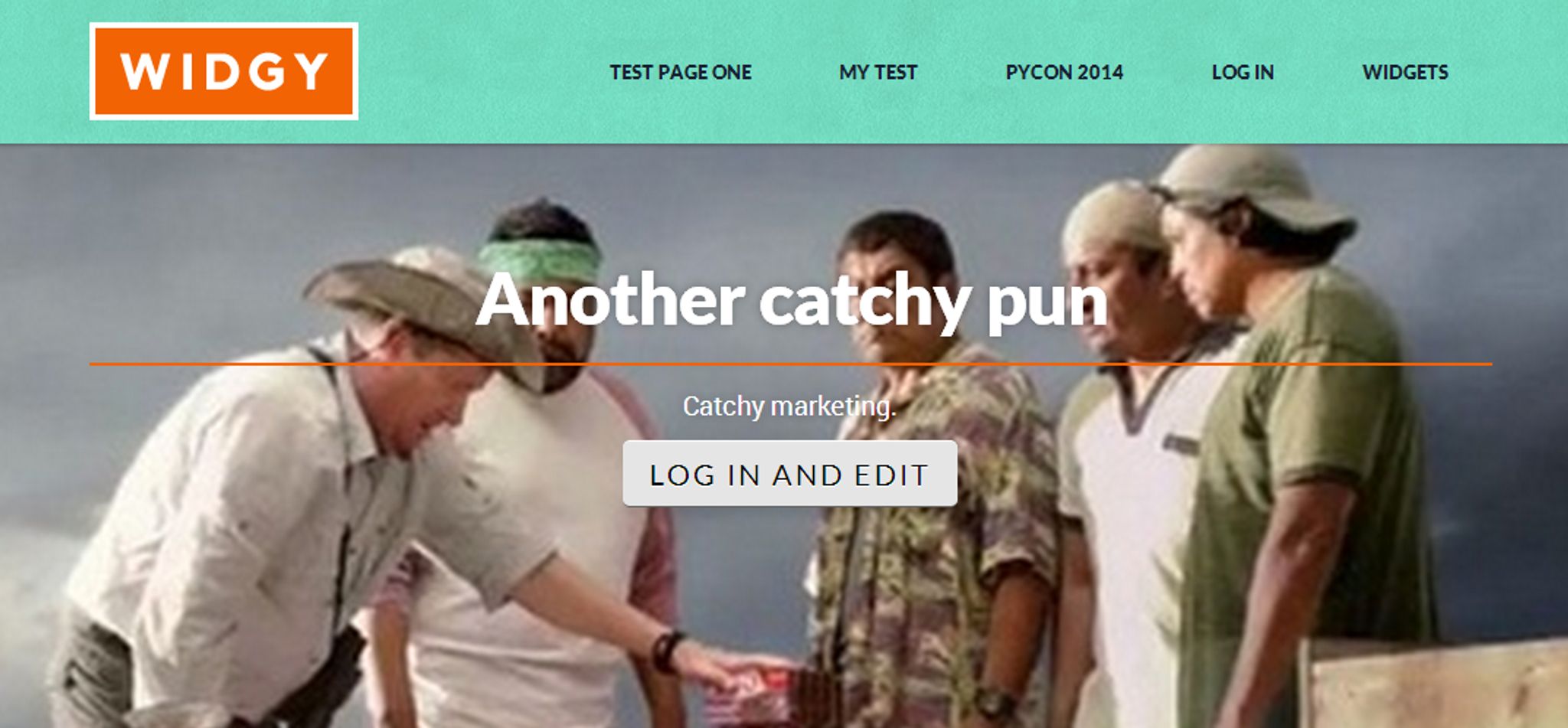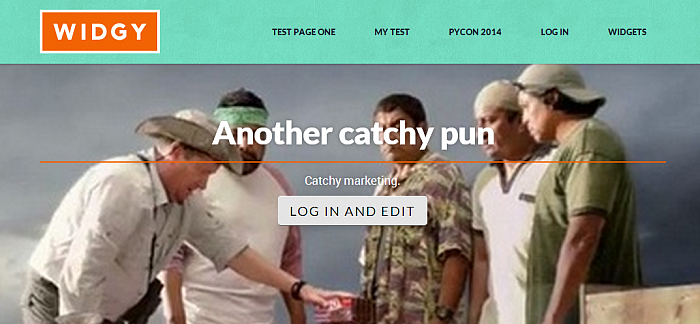Widgy: New Tree Editor Has Roots in CMS

Widgy is a new heterogeneous tree editor, built on Python/Django, that takes the “tree” analogy one step further. By integrating with Mezzanine CMS, it allows users to edit or create (“groom and grow,” if you will) web pages and other data as if they were branches on a tree.
This HTML editor claims to be much more. Its drag-and-drop interface targets website creators who want control without knowing code, but if you happen to already be tech-savvy, this translates into a system that’s simple and easy-to-use. Repositioning widgets is a breeze, and because Widgy is proudly open-source, you’ll have a lot of add-ons to choose from.
This tree editor is the latest brainchild of Fusionbox, a Denver-based web design firm started in 2001. While they mainly focus on client-specific online marketing and design, they also develop software to help there clients—and everyone else—with DIY projects. Widgy is their latest in a series of open-source software committed to simplifying the lives of online businesses.

Widgy was recently unveiled at the PyCon 2014 conference in Montreal in mid-April. The fruits of their “baby” come after more than a year of building it and even longer conceptualizing it. The reception was generally positive, with interested programmers already coming up with ideas for what it can do. “This is exactly why I wanted to open source widgy in the first place,” remarked one of Widgy’s programmers.
Now, let’s look at the fine points of what Widgy offers.
Edit any heterogeneous, tree-structured data, not just HTML
This could be an immense relief to those in an industry that uses such data, but for the majority of us just looking for something to help our websites, it’s irrelevant.
Integrate with Mezzanine CMS
If you’re looking to expand your variety of page types beyond TinyMCE, Widgy can help.
Widget Mastery
Widgy handles widgets well, which makes sense considering its name. Widgets are Django ModelForms; no additional JavaScript is needed for most widgets, and it’s possible to override the form template or include your own SCSS files to customize how they work.
The compatibility framework ensures that widgets go where you put them and stay there. Plus, with its advanced link network, widgets like Button can link to other models.
Page Builder
Widgy can shoulder the burden of building web pages if you don’t know HTML, and has common and advanced widgets to help.
Review Queue
Standard review queue lets you set permissions on who can see what, review version changes, schedule future publications, and preview changes.
Benefits of Django
Feel free to use the Django authentication framework for choosing who sees what, the Django haystack search for advanced searches, the Django debug toolbar for troubleshooting, and Django-require for optimizing your editor static assets. It’s all part of the package. You can also use any Django apps you want with Plug-ins.
The Bottom Line
Widgy is still just a newborn, but it shows promise. It seems to be geared to a specific type of user with specific needs, so perhaps most of you don’t have a use for it.
However, if you’re interested in what it can do and want to try it out, test the demo version or install the whole thing here.